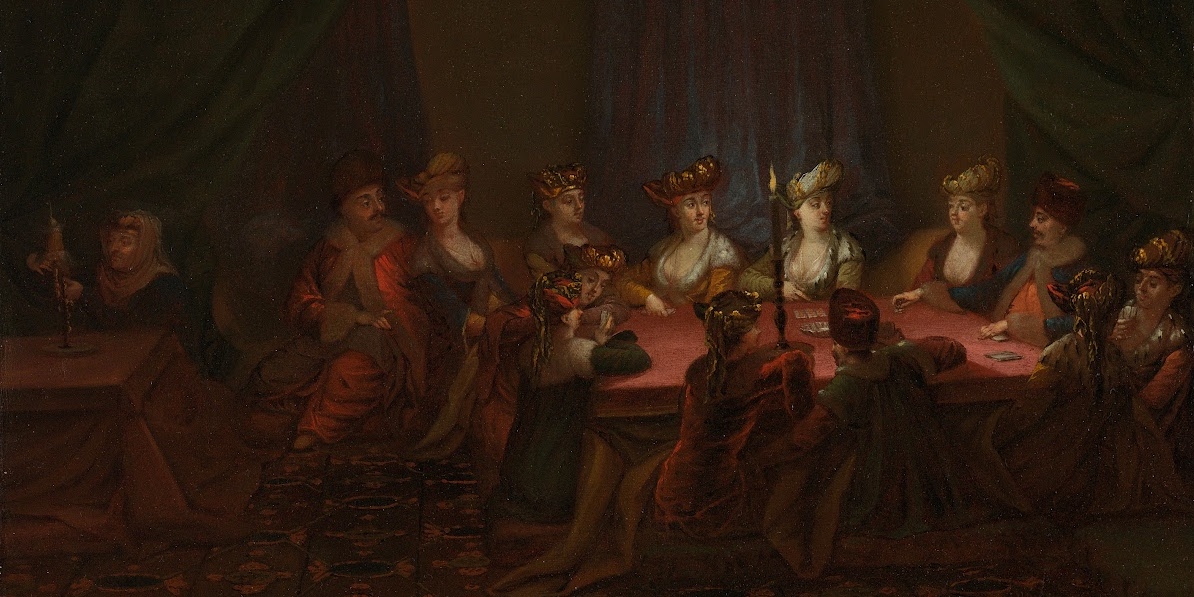The English in 17th-Century Tangier
Episode 388
Feed | iTunes | GooglePlay | SoundCloud
Tangier is in the midst of a massive renovation and expansion -- a new ferry and cruise port, a duty-free zone, and the massive Tangier Med shipping facility all meant to make the city and Morocco into a critical juncture of the global flows of goods, people, services, and capital. Of course, Tangier’s proximity to Europe and position astride the Strait of Gibraltar has long provided it with a cosmopolitan, international character, typified by the International Zone days during European colonial rule of Morocco in the first half of the twentieth century. But Tangier’s polyglot, imperial past goes back much further. In this episode, we turn to one of those more distant episodes: the English occupation of Tangier from 1661 to 1684. It was a brief interlude: control of the city itself was part of Catherine of Braganza’s dowry to King Charles II, but English forces quickly found the situation (under intermittent but heavy resistance from local Moroccan tribes) unsustainable. The period produced some interesting characters on both sides--Samuel Pepys, for one, was a resident--but has generally been overlooked by scholars in favor of the Portuguese imperial enclaves on the Atlantic coast. What made English Tangier unique? Why did it fail, and how did the experience shape Moroccan-English relations in the seventeenth and eighteenth centuries?
This episode is cross-listed with tajine, our series on the history and society of North Africa.
This episode is cross-listed with tajine, our series on the history and society of North Africa.
Stream via SoundCloud
Contributor Bios
 |
Karim Bejjit is Head of the English Department at the Faculty of Letters and Human Sciences, at the University Abdelmalek Essaadi, in Tetouan, Morocco. |
 |
Graham H. Cornwell is Assistant Dean of Research at the Elliott School of International Affairs at The George Washington University. |
Credits
Episode No. 388
Release Date: 25 October 2018
Recording Location: Tangier American Legation Institute for Moroccan Studies
Special Thanks to John Davison
Audio editing by Chris Gratien
Music: Saliba Atrib - Oud Longha Higaz Kar; Chikha Aicha El Hertitia – Âaita Baidaouiya
Bibliography and Images courtesy of Karim Bejjit
Release Date: 25 October 2018
Recording Location: Tangier American Legation Institute for Moroccan Studies
Special Thanks to John Davison
Audio editing by Chris Gratien
Music: Saliba Atrib - Oud Longha Higaz Kar; Chikha Aicha El Hertitia – Âaita Baidaouiya
Bibliography and Images courtesy of Karim Bejjit
Images
 |
| Wenceslas Hollar, Prospect of Tangier from the East. Source: Hollar Digital Collection |
 |
| Wenceslas Hollar, Part of Tangier from above, the water gate. Source: Hollar Digital Collection |
Select Bibliography
Bejjit, Karim. English Colonial Texts on Tangier, 1661–1684: Imperialism and the Politics of Resistance (Farnham: Ashgate, 2015).
Colley, Linda. Captives: Britain, Empire and the World 1600-1850 (London: Jonathan Cape, 2002).
Davis, Lieut-Colonel John. The History of the Second's Queen's Royal Regiment now the Queen's (Royal West Surrey) Regiment, vol. 1 (London: Richard Bentley, 1887).
La Veronne, Chantal de. Tanger dans L'occupation anglaise d'après une déscription anonyme de 1674 (Paris: Paul Geuthner, 1972).
Matar, Nabil. Britain and Barbary (Gainesville: University Press of Florida, 2005).
Rogers, P.G. A History of Anglo-Moroccan Relations to 1900 (London: Foreign and Commonwealth Office, nd).
Routh, Enid M.G. Tangier: England's Lost Atlantic Outpost 1661-1684 (London: John Murray, 1912).
Smithers, A.J. The Tangier Campaign (Stroud, U.K.: Tempus, 2003).
Springell, F.C. ‘Unpublished Drawings of Tangier by Wenceslaus Hollar’, The Burlington Magazine 106:730 (1964): 69-74.
Stuart, Graham H. The International City of Tangier (Stanford, Calif: Stanford University Press, 1955).












Comments
Post a Comment
Due to an overwhelming amount of spam, we no longer read comments submitted to the blog.